How should I structure my new business?
December 5, 2023 | by Philip Brown
At MJB, our solicitors work with individuals and businesses at every stage of their business cycle. When someone or a group of people are just starting their business, a key decision to make is which form of business structure to take. Three business structures highlighted below are: Sole Proprietorship, Partnership and Corporation.
Sole Proprietorship
A sole proprietorship can begin automatically when an individual starts a business on their own. While a sole proprietorship is still regulated by the rules, bylaws and statutes of the jurisdiction where the business is located, the legal entity does not require additional steps to exist. This comes with both pros and cons; one benefit is that the start-up costs are usually fairly minor (relative to other business entities). The drawback is that the individual behind a sole proprietorship is personally liable for their business and therefore their personal assets are at risk. Additionally, a sole proprietorship can lead to additional expenses down the road when it becomes tax-advantageous to incorporate as the cost of rolling assets into a corporation may be more than the initial incorporation fees. Name protection and marketing of goodwill is also impacted by the structure of the business entity.
Partnership
A partnership can be either formal or informal. An informal partnership exists automatically where two or more individuals carry on business together with an aim to make a profit. A partnership can be formalized by entering into a written agreement that outlines the rights and responsibilities of each partner in relation to the business they carry on together. Within a partnership agreement, the partners can also clarify and potentially limit the liability of the partners for the acts of other partners; however, to be effective at limiting the liability of a partner to the general public or those doing business with the partnership, the regulations governing limited partnerships must be carefully followed. Without an agreement, each partner incurs liability related to the other partners in the business automatically and each partner has rights relating to the assets and profits of the business. A partner in a business can be an individual or can be an incorporated entity and entering into a partnership should be done carefully and with adequate legal and accounting advice.
Incorporation
A corporation does not exist until it is formally created by an individual owner or group of individual owners. Once incorporated, the corporation exists as a separate legal entity from the owners and continues in existence until dissolved, struck from the Registry for non-compliance or otherwise formally altered. In BC, a Provincial corporation is created by registration with the BC Corporate Registry (We also act for federal corporations and extra-provincial corporations). Owners of the business are shareholders and the shares that they are issued at the time of organization of the corporation can have rights and restrictions to reflect what is needed for the business both at the time it is initially set up as well as for how the business might grow and change in the future. To properly set up a new corporation, the business should have a full set of Articles, which are the rules that govern the business, as well as a share structure that ensures that the ownership of the company in both equity and voting rights is properly secured. A corporation can buy and sell assets and the ownership of the corporation can be altered by selling shares or amending the share ownership. The corporation offers opportunities for efficient tax planning as well as the ability for owners to strategically limit their liability by choosing whether or not to personally guarantee any agreements made by the business.
These structures are just a few of the ways a business can operate in BC. Our lawyers can also assist with other types of business structures and relationships beyond the scope of this article
Our lawyers work closely with accountants to assist clients with setting up the correct business structure for their needs, both now and in the future. We also work with existing businesses to enter into agreements, provide legal advice and prepare documents for alterations or amendments to the current business structure. If you are either starting a business or looking for assistance with your existing business, we would be happy to work with you!
Share this article:
Get your interests represented
As one of the largest law firms in the Interior, our lawyers have a broad range of specializations, ensuring that we have the experience to competently and professionally represent you.

